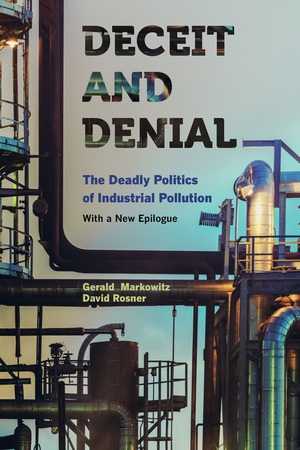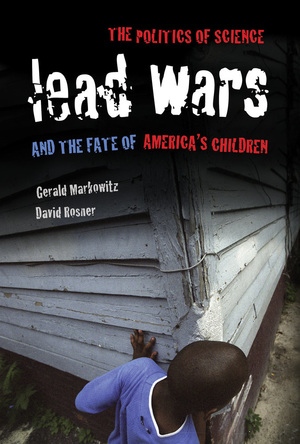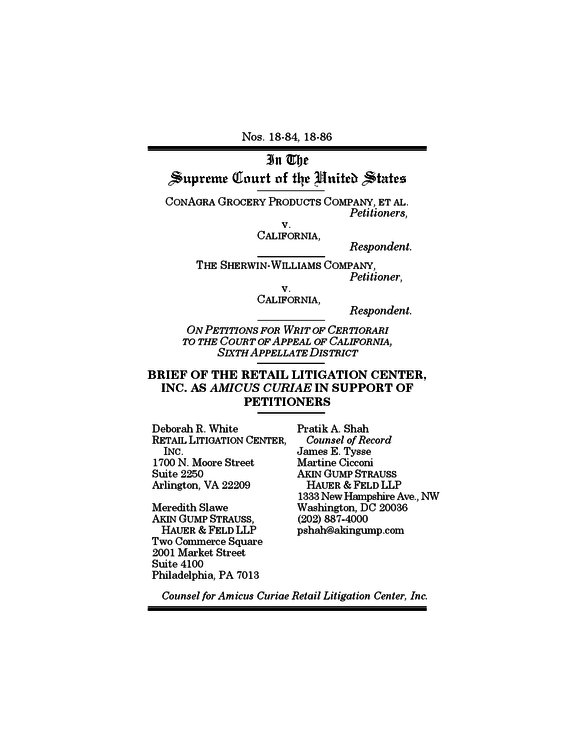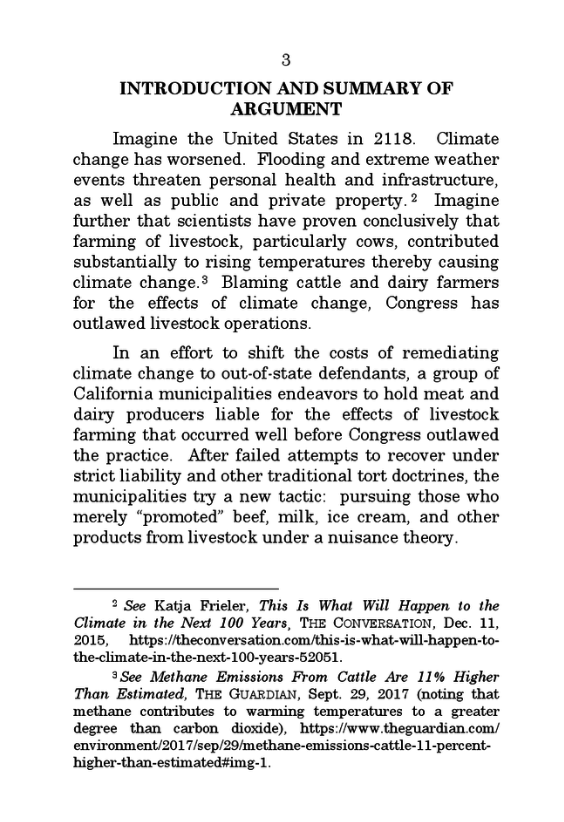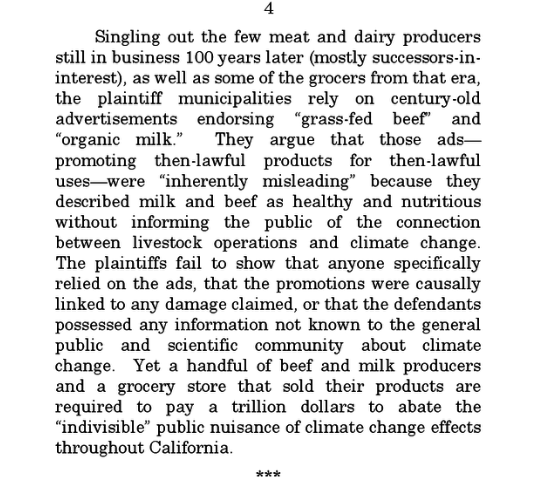Lead Lawsuit Twist: Flatulence, Cows, and Lead
A few months ago, we happily reported that the California Supreme Court ordered companies that had once manufactured lead paint to pay $1 billion towards helping remediate a residual mess we're all still living with.
The State's case was largely anchored in the painstaking historical work of two key members of the Toxic Docs team, David Rosner and Gerald Markowitz, whose research on what companies did and did not know about the dangers of lead -- and when -- was critical to the case. You can read some of that work in the books Lead Wars and Deceit and Denial and also see all the documents they used on our site.
Now, the companies are asking the United States Supreme Court to hear their case. And major business lobbying groups are rallying behind them.
We just received three friend of the court briefs the other day and are making them available at Toxic Docs. Click here to read them all. They provide clues to what the companies' arguments might be, should the United States Supreme Court take this case.
One of these briefs stood out from us above all the rest. In it, the Civil Justice Association, Chamber of Commerce, and California Manufacturers and Technology Association concoct a scenario a century from now, where climate change has reached alarming levels that "threaten personal health and infrastructure as well as public property." They add that a reason for the change is livestock and cite a recent journalistic account of scientific findings that show methane emissions from cows are increasing at alarming levels.
In the rest of the scenario, the government bans livestock, then turns to remediation. Would it be fair, the brief asks, to retroactively punish "meat and dairy producers" for marketing a product on the grounds that their marketing was "inherently misleading" because the threat of climate change wasn't conveyed in the ads? The brief analogizes gassy cows to lead and lead paint manufacturers to meat and dairy producers. It seems to be saying that lead manufacturers, likewise, had no responsibility to convey lead's dangers to the public. And it concludes by arguing that unless one can prove all negative health outcomes of climate change were caused by livestock emissions, it would be unfair to hold meat and dairy producers accountable.
In their words:
The plaintiffs fail to show that anyone specifically
relied on the ads, that the promotions were causally
linked to any damage claimed, or that the defendants
possessed any information not known to the general
public and scientific community about climate
change. Yet a handful of beef and milk producers
and a grocery store that sold their products are
required to pay a trillion dollars to abate the
“indivisible” public nuisance of climate change effects
throughout California.
The climate change scenario, in short, fuses common tropes the lead industry has invoked for decades to deny culpability: that they didn't know dangers at the time, that dangers were common knowledge, or that there was no way of proving that their marketing actually had an impact on every consumer who came into contact with lead-based projects.
The materials at Toxic Docs -- and the scholarship of Markowitz and Rosner -- suggest otherwise. We invite you to read these three briefs, then browse the world's largest collection of lead documents by clicking here.
Here's the full scenario below:

